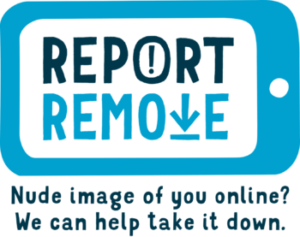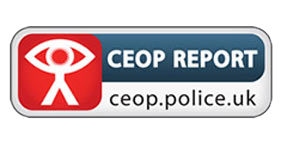Sharing images or ‘nudes’ is when someone shares a sexual photo or video on a phone or another device. The image might show a person naked, in their underwear or posing in a sexual position.
Why might someone choose to share a nude?
There are lots of reasons why someone might choose to send a nude or ask someone to send them a nude:
- to have a laugh
- to flirt with someone
- to explore their sexuality
- they are in relationship with someone they trust
- they are in a long-distance relationship
- as a dare
- they feel pressure to
- they are drunk
- to intimidate (scare) someone
- they want to embarrass someone
Once a nude is sent, the person no longer has control over what happens to it. People can show it to others or share it without permission.
Whatever has happened there is someone who can help.
If someone has shared a nude picture or video of you with others
It can be very stressful to find out that someone you trusted has shared a nude picture or video of you with others.
They may have done this without thinking, because they thought it was funny, or for a dare.
Or they may have done it to embarrass or bully you after an argument or breakup. This is sometimes called revenge porn. If you are over 18 you can get support from the Revenge Porn Helpline. Take screenshots of anything you are sent as evidence.
Whatever the reason, they do not have the right to share nude pictures or videos of you without your consent.
If you are worried about a picture you have sent, talk to someone about what has happened. Speak to:
- a trusted adult
- someone at a sexual health centre
- a counsellor at Childline in confidence by calling 0800 1111
If someone has shared a nude picture or video of you online
It can be scary finding out a nude picture or video of you has been shared online.
Reach out, speak to someone about it.
Childline can help.
You can use their report remove tool to let them know what has happened. They can help get the content removed.
Click on the image to visit their website.
If you have shared a nude picture or video of yourself online
If you posted something online:
- remove it as soon as you can
- ask anyone who has received it to delete it too
- talk to someone you trust – a parent, youth worker, social worker, school nurse or other trusted adult. A trusted friends might be able to help you manage the situation too.
If someone else posted it:
- report it through the site’s reporting tool. Childline has information about each site and how to report nudes or bullying.
- if you cannot get it removed straight away, fill up your social media with lots of positive posts. You will be surprised how quickly things can move on.
You might feel embarrassed, but the sooner you take action the better chance you have of stopping it being shared.
Someone has sent me sexual content I did not want
NCA CEOP education has some great advice about what to do if you have received sexual content from someone that you did not want.
If you are under 18 and worried about online sexual abuse, report it to one of the Child Protection Advisors at the CEOP Safety Centre.
Click on the image to visit their website.
What does the law say?
Taking, sharing or having a sexual image of someone under 18 is against the law, even if they have given permission.
It is against the law:
- to have any pictures of naked children, sexual stories about children, or images of clothed children in sexual poses on any of your devices
- to send naked pictures or videos of people over 18 without their consent
- for someone to send a sexual image to you that was not meant for you.
Never pressure anyone to send, receive or look at a sexual, nude or intimate image or message.
Although it is against the law, the police will always help young people if they are involved.
To find out more about what the law says visit NCA CEOP education for some great advice and support.




